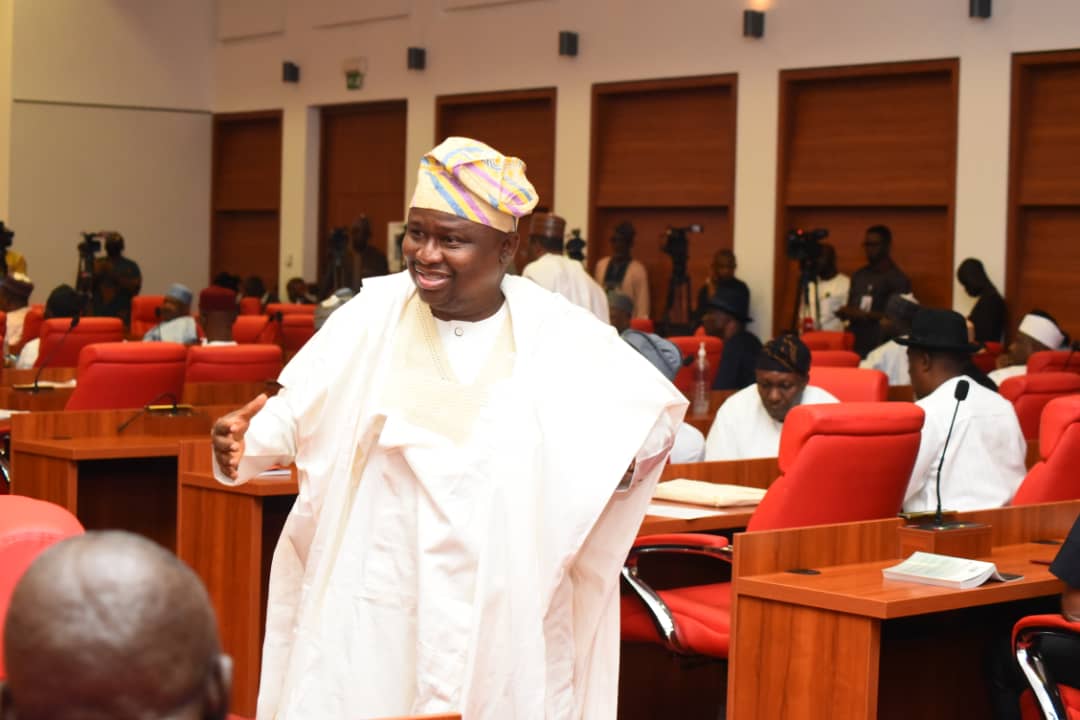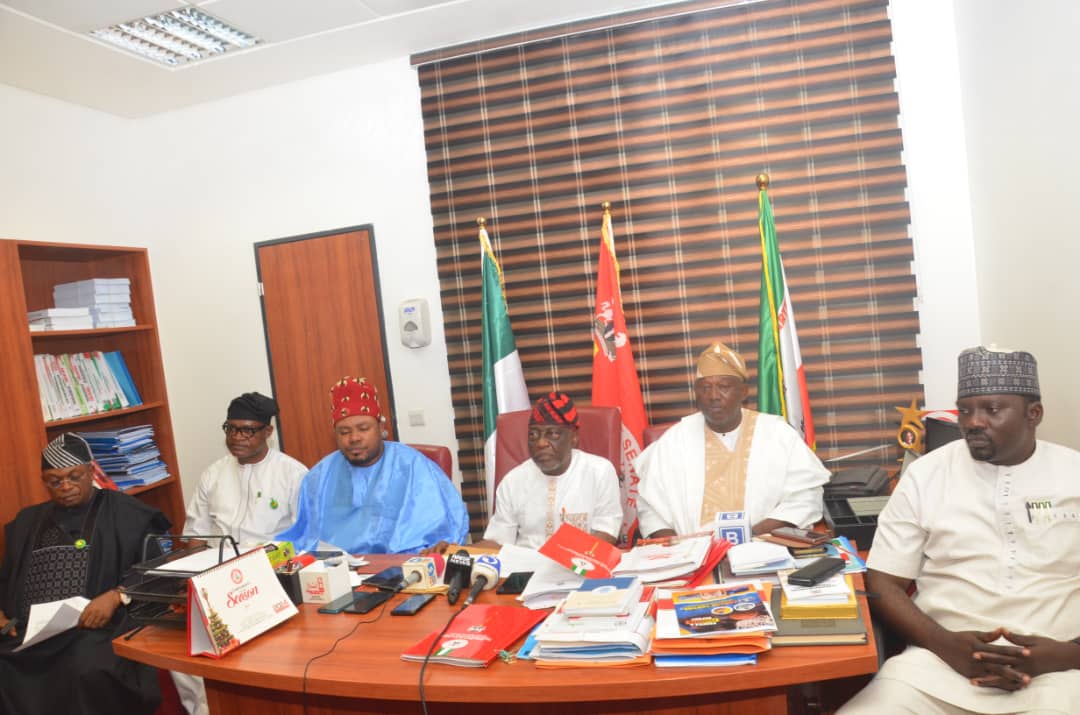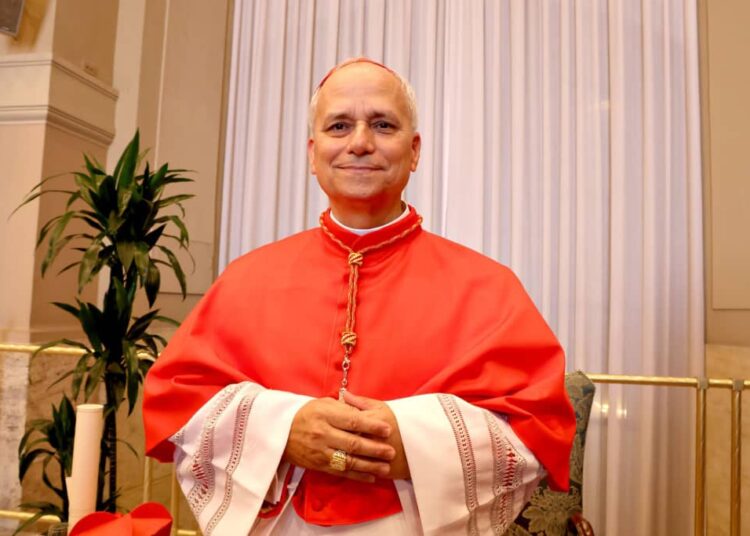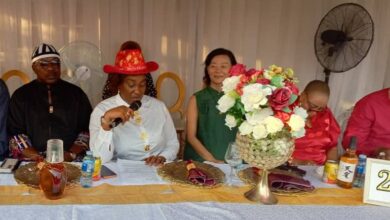REA, Abia State Seal MoU to Drive Renewable Energy Revolution, Unlock $52 Billion Investment Potential
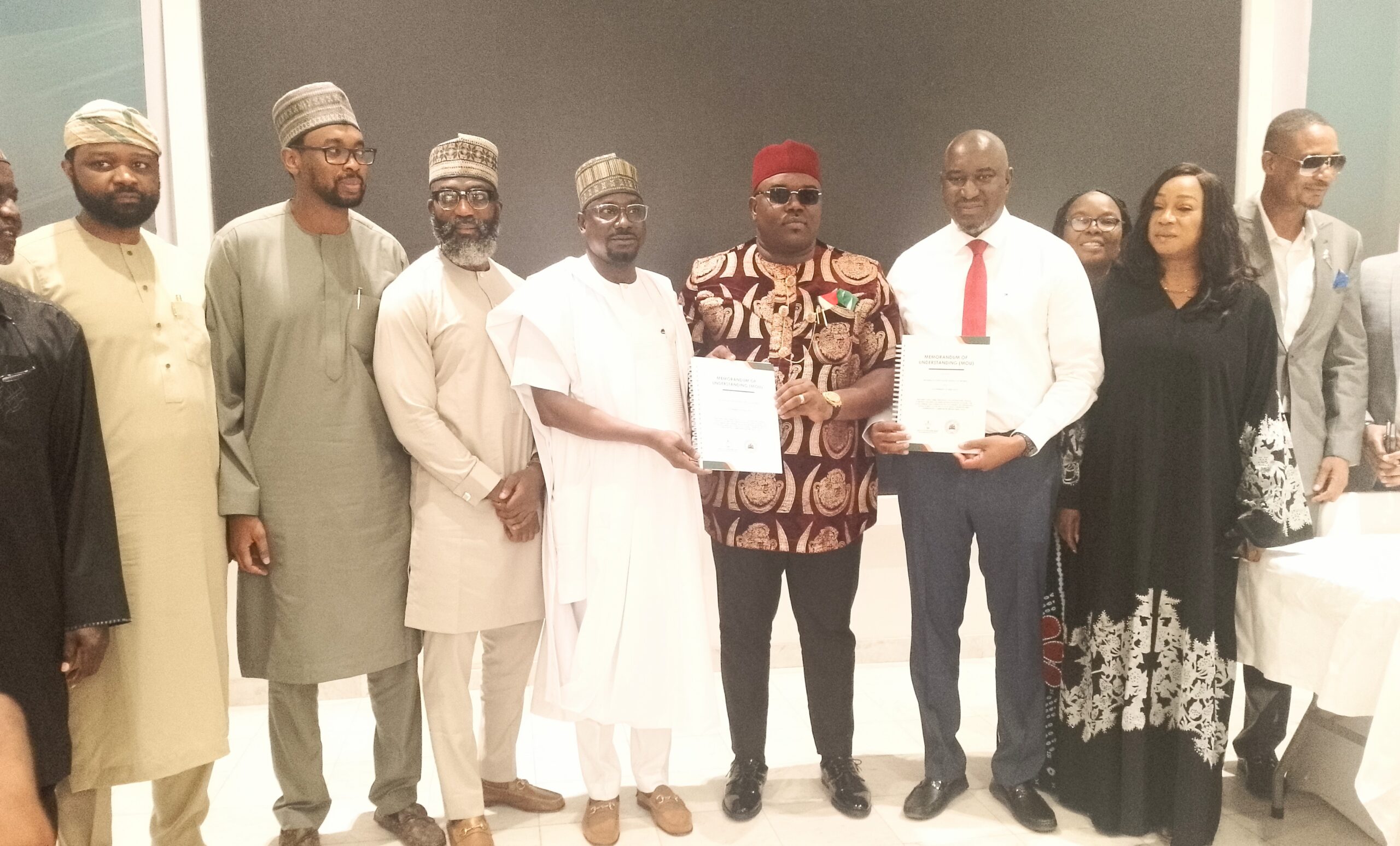
By Fatima Saka
The Rural Electrification Agency (REA) and Abia State Government have signed a milestone Memorandum of Understanding (MoU) to accelerate renewable energy deployment and transform the state’s electricity market, positioning it as a leading hub for clean energy in Nigeria.
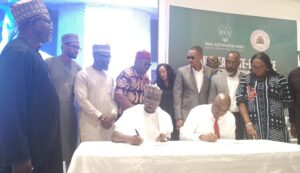
The agreement was formalizede during the REA’s State-by-State Roundtable Engagement in Abuja the you t on Wednesday, themed “Building a Sustainable Business Ecosystem in Abia State Electricity Market Through Renewable Energy Innovation.”
Representing Governor Alex Chioma Otti, the Deputy Governor Ikechukwu Emetu
reaffirmed the government’s determination to leverage solar, wind, and other renewable energy sources to boost industrialization, improve education and healthcare, and connect underserved communities.
“We are living in an age of energy disruption. Fossil fuels are no longer reliable, politically or environmentally. Abia will not be left behind in the renewable energy revolution,” Governor Otti said in his address, adding that the state’s Electricity Power Sector Law is designed to attract investors and create a thriving clean energy market.
Governor Otti also highlighted the state’s Green Zone initiative at the Abia Industrial Innovation Park (AIIP), where a decentralized 100MW solar project is underway.
He assured investors of transparency, guaranteed returns, and a “friendly business environment to eliminate bureaucratic bottlenecks.”
Detailing the Electrification Blueprint, REA Managing Director, Dr. Abba Aliyu, commended Abia’s proactive energy reforms and revealed that the state has scored “above national average” in a readiness assessment, becoming the first Southeast state to host the REA’s high-level energy roundtable.
Aliyu presented a comprehensive electrification strategy that pinpoints over 155 unelectrified communities, 201 educational facilities, 116 health centers, and the potential to connect over 130,000 residents through distributed renewable solutions.
“Abia State has committed financing for electrification, a rare achievement among Nigerian states. This is a market opportunity, not just a challenge. With the right policies and private sector engagement, Abia can become Nigeria’s renewable energy hub,” Aliyu said.
He further disclosed that REA has secured $1.16 billion in renewable energy financing, with an additional $1.76 billion in negotiations, alongside the Federal Government’s $750 million renewable project, the world’s largest public sector-backed clean energy initiative.
Aliyu’s presentation showcased color-coded mapping of Abia’s electrification needs, including village-level wealth indexes and potential solar installations, to help investors target viable communities.
The MD REA outlined $52 Billion Market Opportunity to electrifying Abia’s off-grid communities and stimulating renewable energy manufacturing could unlock $52 billion in private investments and create 10,000 new jobs. The agency also urged the state to strengthen its data infrastructure, technical workforce, and regulatory capacity to sustain long-term growth.
The MD highlighted model initiatives in Adamawa State, where a training institute is preparing 10,000 youths in renewable energy skills, encouraging Abia to replicate similar capacity-building programs.
-Delivering a goodwill message, Engr. Aliyu Tukur Tahir, Managing Director of the Nigerian Electricity Management Services Agency (NEMSA), described the partnership as “timely and strategic,” stressing the agency’s commitment to enforcing technical standards, testing, and certifying renewable energy installations nationwide.
“Renewable energy is a reliable pathway to bridge Nigeria’s energy gap, stimulate industrial growth, and provide sustainable power. This roundtable is a powerful platform to unlock financing and foster collaboration among state actors, federal agencies, and private investors,” Tahir said.
Commissioner Mbembe, in his address, reiterated that Abia is strategically positioned to become a clean energy powerhouse, given its geographic connectivity to all Southeastern states and three South-South states.
He emphasized that the government has prioritized capital expenditure, allocating over 80% of its annual budget to infrastructure in the past two years, and is powering all new water projects with renewable energy.
“Our vision is clear. Renewable energy is the only sustainable solution to meet growing energy demand, especially in rural areas. Abia is open for investment, and we have created a transparent, investor-friendly environment,” Mbembe said.
In Highlighting the New State Matching Program to Boost Rural Electrification, Hon. Doris Uboh, Executive Director of Funds at the Rural Electrification Agency (REA), showcased the agency’s achievements in renewable energy deployment and rural power access while unveiling upcoming initiatives designed to strengthen partnerships with subnational governments..
“My MD has already laid out the policies and frameworks driving our efforts, so I’ll focus on results, what we’ve done, what we’re doing, and what’s coming,” she said.
Uboh revealed that the Rural Electrification Fund (REF), strengthened under the Electricity Act 2023, has become a major driver of clean energy projects through partnerships with states and private investors. She announced the forthcoming State Matching Program, which will co-finance rural electrification projects with subnational governments to accelerate power access in underserved communities.
Highlighting REF’s achievements to date, Uboh said the agency has attracted over ₦5.8 billion in private sector investment, deployed 124 mini-grids with a total capacity of 16.6 megawatts, and installed over 25,000 solar home systems across the country.
She added that REA’s renewable energy initiatives have connected 204,000 households, impacted more than 18,000 small businesses, and electrified 12 major markets, including Aba’s Ariaria Market, while creating over 26,000 jobs and reducing 91,000 tons of CO₂ emissions.
“Renewable energy is not only providing power; it’s creating jobs, protecting our environment, and driving inclusive economic growth,” she said.
Uboh also highlighted completed and ongoing projects in Abia State, including a gas-fueled power plant at Ariaria Market and solar mini-grids in Bende and Isingwa communities, with additional projects underway in Isuikwuato Local Government Area and other rural locations.
Across Nigeria, REA has implemented projects in all six geopolitical zones, electrifying schools, primary healthcare centers, and remote settlements, including communities in Edo, Niger, and Borno States.
“Our projects are intentionally spread across the country. We are committed to ensuring no community is left behind,” Uboh added, drawing applause from participants.
The event attracted private sector leaders, development partners, and regulatory bodies, including representatives from the World Bank and renewable energy service companies. Stakeholders discussed investment incentives, regulatory reforms, and innovative financing models to scale up access.
READ ALSO: Abuja–Kaduna Train Derails: NEMA Rescues Passengers, Seven Injured
Ex-Ethiopian PM Applauds OOLI’s Leadership Programmes for Driving Pan-African, Global Collaboration
Three technical presentations were delivered, showcasing Nigeria’s National Electrification Strategy and Implementation Plan, which calls for a mix of solar home systems (45%), mini-grids (31%), and targeted grid expansion (24%) to bridge the country’s electricity deficit.
The REA-Abia partnership marks a critical milestone in Nigeria’s efforts to decentralize power regulation, stimulate local manufacturing, and position the country as Africa’s renewable energy hub.

